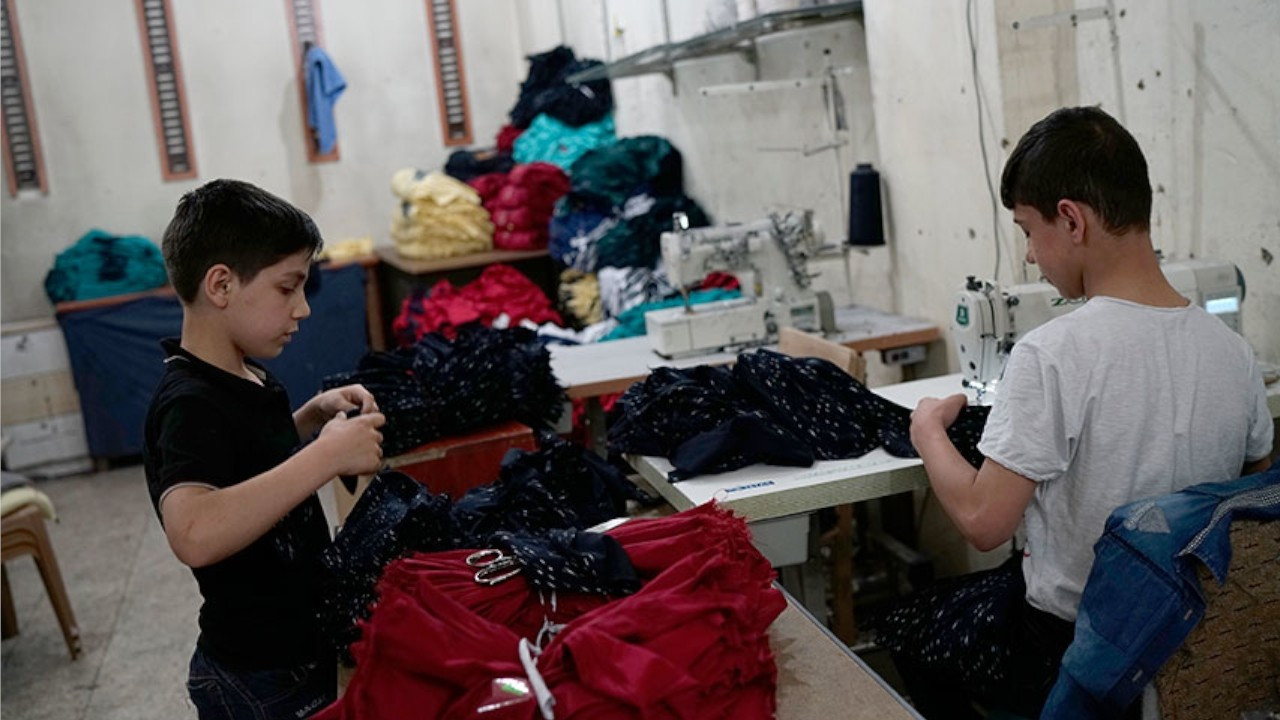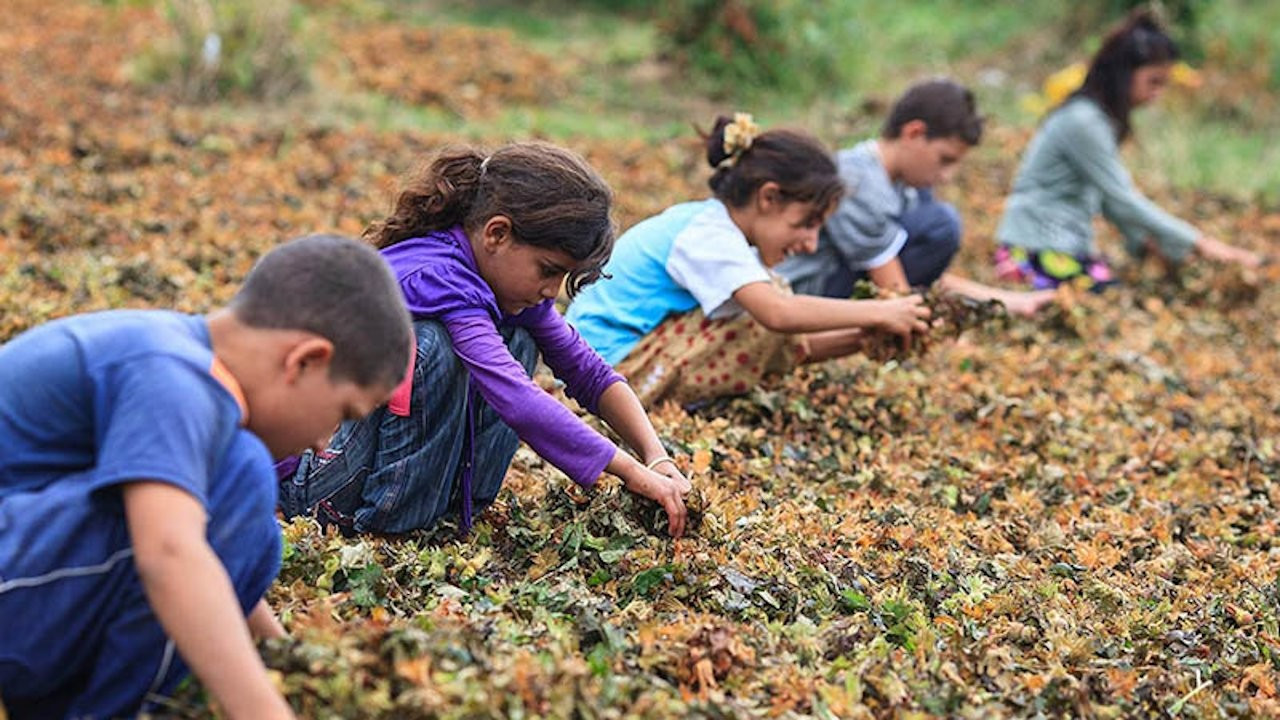Turkey has 720,000 child workers, says opposition deputy
Referencing recently released statistics by the International Labor Organization, İYİ (Good) Party lawmaker Erhan Usta said that there are 720,000 children working in Turkey.
Duvar English
During budget discussions for the Family and Social Services Ministry, İYİ (Good) Party parliamentary group deputy chairman Erhan Usta said that there are 720,000 child laborers in Turkey, 250,000 of whom are unable to access education. His statement was based on data released by the International Labor Organization (ILO).
Child labor is a problem that plagues Turkey. According to the ILO, 4.4% of children aged 5-17 in the country are forced to work, largely to support their families. Some 79.7% of underage workers are aged 15-17, 15.9% are aged 12-14, and 4.4% of child laborers are under the age of 11. The majority of child laborers in Turkey are male - 70.6% male to 29.4% female. Roughly 35% (250,000) of the 720,000 child laborers in Turkey are unable to access education due to their work.
Usta brought up the issue in the context of rising rates of poverty in Turkey. This, he argued, is exacerbating the rising rates of child labor.
“Poverty is an economic issue and poverty is growing deeper in Turkey […],” he was quoted as saying by ANKA news agency on Nov. 10. “Turkey, as a country, has gotten poorer each year, for the past seven years, in terms of per capita income. This is not something that has ever happened in the history of the Republic.”
The issue of poverty, he said, needs to be addressed with “sustainable practices.” Currently, he noted, the country is in dire straits based on the “simit calculation.” The metric, he explained, indicates the number of people in the country that could not even afford to eat "simit" (aka Turkish bagel), a notoriously cheap baked good, for three meals a day - now, that number stands at 400,000.
Peoples’ basic rights are not being met, he said. Some 39.3% of the population have issues heating their homes, while 36.9% of the population live in unsafe housing.
This poverty directly affects the country’s youth. According to the Turkish Statistical Institute (TÜİK), 7.4 million children in Turkey fall below the poverty line - one-third of the country’s children. According to UNICEF 2020 reporting, only 53% of young people are satisfied with their lives, and 70% of them want to leave Turkey for better opportunities abroad, he said.
The dire nature of young people’s lives in the country is embodied in these child labor statistics. More needs to be done, Usta noted, not only to stop these children from working but also to ensure they are educated.
“This is a very serious risk for society,” he said during budget discussions. “This is not a matter of political power. In other words, this culture [of widespread poverty] should not be passed from generation to generation in this country.”

 At least 513 child laborers died in last eight years in Turkey: ReportHuman Rights
At least 513 child laborers died in last eight years in Turkey: ReportHuman Rights Ministry report reveals worrying extent of child labor in TurkeyHuman Rights
Ministry report reveals worrying extent of child labor in TurkeyHuman Rights Turkish Education Minister draws ire for normalizing child labor in visit to kids working in fieldsPolitics
Turkish Education Minister draws ire for normalizing child labor in visit to kids working in fieldsPolitics